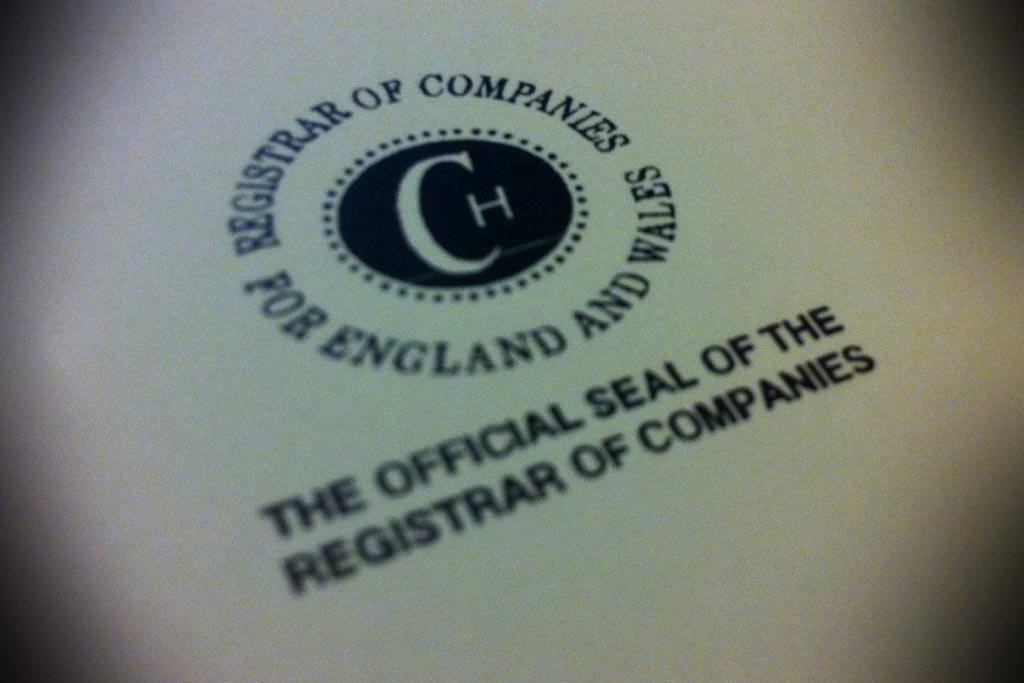Getting ready to start your first business? Here are nine things you’ll need
Want to start a business that you love and that earns you money? Here are nine things you need.
Starting a new business is an exciting and nerve-wracking time. And whatever your new business will do, you’ll drastically increase its chances of success with the right planning. But what SHOULD you plan?
To find out, let’s look at what the businesses who don’t make it fail to do. And it turns out that three things regularly top the list of reasons why businesses fail: poor financial management, lack of planning and the wrong marketing.
So how can you ensure you avoid the same traps? Here are nine things we recommend you have before launching your new business.
1) A researched and tested idea
Every business starts with an idea. Your idea could be to offer a product or service that you feel is lacking in the market, or you may want to add to existing solutions with your offering. Either way, you’ll need a business that solves a problem and has a genuine USP – unique selling point.
If you don’t yet have an idea, or have the germ of a thought but aren’t sure whether it’s got what it takes to turn into an actual business that makes money, download our free IDEAS workbook here and use our five-step idea generation process.
2) Customers
For your business to be a success you’ll need people to buy what you offer. So before you invest time, money and effort into pursuing your idea, do some research on your ideal customer.
Don’t make the (sadly too common) mistake of assuming that what you do is so brilliant that everyone will want to buy it. Your offering may indeed be brilliant, but it’s not going to appeal to everyone. And even if everyone potentially could buy it, any marketing strategy that tries to please ‘everyone’ is guaranteed to be a failure.
Just think, would the same packaging, branding and marketing appeal to a 16 year-old boy and a 78 year-old woman? To a surfer and an accountant? The more you can identify a clear niche market for your business the easier you’ll find it to find, talk to and persuade these people to become your customers.
3) Pricing
Sadly this is one step that too many entrepreneurs either miss out or get wrong. Building a financial model for a startup is essential, so you need to calculate your pricing VERY carefully before you go to market. Get your price right, and you’ll find it easier to attract your ideal customers, and you’ll make a healthy profit from your business.
But get your pricing wrong and you could put off the right customers and, even if you do make sales, find yourself working for practically nothing. Or worse, making a loss.
Your pricing also realistically needs to fit in with your expectations of financial compensation from your business, and your financial forecasts. And while you can get away with incorrect pricing in the short term, long term you’ll run into problems as you try to make a broken financial model work. And the bigger your business gets, the harder it will be to recover from the wrong pricing model.
There are some key elements you need to include in your pricing to get it right:
- Your business overheads
- Your direct production and delivery costs
- Your time
- The market place
- Your position in the market
- The profit margin you wish to make
- Your business goals
If you haven’t factored all of these elements into your pricing, you need to go back to the drawing board and re-calculate. Yes, it may be a pain but you’ll be glad you got your pricing right further down the line, trust me!
4) A sales strategy
You may not consider yourself a sales person, but if you don’t get comfortable with the idea of selling your offering, and creating and implementing a plan to do so consistently, you won’t have a business.
Every business needs sales; it’s where the money comes from. And yet our research shows that as few as 3% of entrepreneurs are actively implementing a sales strategy.
A sales strategy doesn’t need to be complex or time consuming. In fact, we advocate planning a system in which much of it is automated. So you can focus on running your business day to day as the sales roll in. We also recommend seeking out quick wins (that have netted some entrepreneurs we’ve worked with hundreds of pounds from one email), as well as planting acorns that will flourish in the years to come.
So make sure you understand how sales work, feel comfortable with the idea of selling and plan out a sales strategy you can implement regularly. (We recommend having sales communications going out at least weekly.)
5) A marketing plan
As well as ensuring you have a sales strategy, you need a plan to reach out to your ideal customers and nurture them through a journey through to those sales.
While sales usually focuses on a simple three-stage funnel (top, middle and bottom) the marketing journey is more granular, and ensures that people remain within your ‘funnel’ as they learn more about what you do, grow their relationship with you, and eventually are ready to buy from you (hopefully)!
We usually work on a sales funnel as a top line activity with our entrepreneurs, and use a marketing plan to fill in the details and ensure that we have the right messaging for people at every step.
6) A brand
Your business brand is its personality. It’s how people remember you, and how they connect emotionally with you. Get the right branding and it will attract the right people (and put off the wrong ones – which is just as important).
Your branding should also be unique and memorable, as well as appropriate for what you do and the people you want to attract. For example, you’ll never see a funeral home with a clown face as a logo and bright orange wording in a funny font. Equally, you’d never see circus branding using dark blue shades and a business-like typeface.
When considering your branding, you need to take into account:
- Your logo
- Your colour palette
- Your typefaces
- The kind of imagery you use
- Your tone of voice
7) A mission and vision
Wha’s the point of your business? (Other than making money, of course!) As Simon Sinek so famously pointed out, every business needs a ‘why’ – a reason it exists, and a purpose that drives it forward.
Companies with a bigger ‘why’ than simply producing specific products or delivering a specific service have greater capacity for growth and evolution, which in turns opens up the possibility for new income streams and greater longevity.
A powerful purpose will also enable your business to ride out the inevitable ups and downs of entrepreneurship better. It gives you a well of strength and energy when you need it. It’s also a great barometer for making decisions and ensuring that you steer your business on the right path.
And finally, the right mission and vision will help your customers relate to your business better, and even form an emotional connection, which increases loyalty and encourages repeat business as well as recommendations to family and friends – all of which is great for business!
8) Systems
How is your business actually going to run? Who’s going to do the work? How much time will it take? Have you realistically planned how your business will operate in one month, six months or 12 months time?
What if more orders than you were antiicpating came in? Could you handle them? Would you have the cashflow for them? And are you certain that your businesses are efficient, use you (and your team, if you have them) to your best ability?
If you really want to unlock the potential in your business you need carefully planned systems that run, wherever possible, with minimum input and effort, while delivering maximum results. Just tweaking a system for one business owner we worked with tripled her turnover.
9) A business plan
While this may be last in our list, it’s certainly not the least important. We’ve placed it here because, in order to complete a comprehensive business plan you need to have completed all the above.
Your business plan is like the blueprint of your business. And by competing one you’ll ensure that you have properly considered all the essential working parts of it. If you do have any holes in your thinking or your finances, your business plan should reveal them and give you an opportunity to fix them before you get too far down the line with a doomed idea.
When we work with business owners, we encourage them to start with a traditional business plan (we’ve developed our own version based on the best of the plans we’ve completed over the years), and then to evolve to a living business plan.
Our living business plan software isn’t just a paper plan you complete once and put in a drawer, never to consult again. It’s a dynamic spreadsheet we recommend keeping pinned to your desktop and reviewing at least monthly. This plan ensures you keep your business on track and work towards the goals you are setting yourself as you establish and grow your business.
Need help starting your business?
If all of this seems quite overwhelming or daunting, don’t worry. Yes there’s a lot to get right when launching a business, but cutting corners now will only cost you money (and even your business) further down the line.
And there are ways you can get help with all of this and more. Our TLC Business Club guides you through your first 12 months in business, giving you all the training, tools and support you need to complete everything on this list – and lay the foundations to a profitable business you love running and can grow.
If you’d like to find out more about the TLC Business Club and how it can help you, click here now. Registration for our 2021 intake closes on 19 September.










